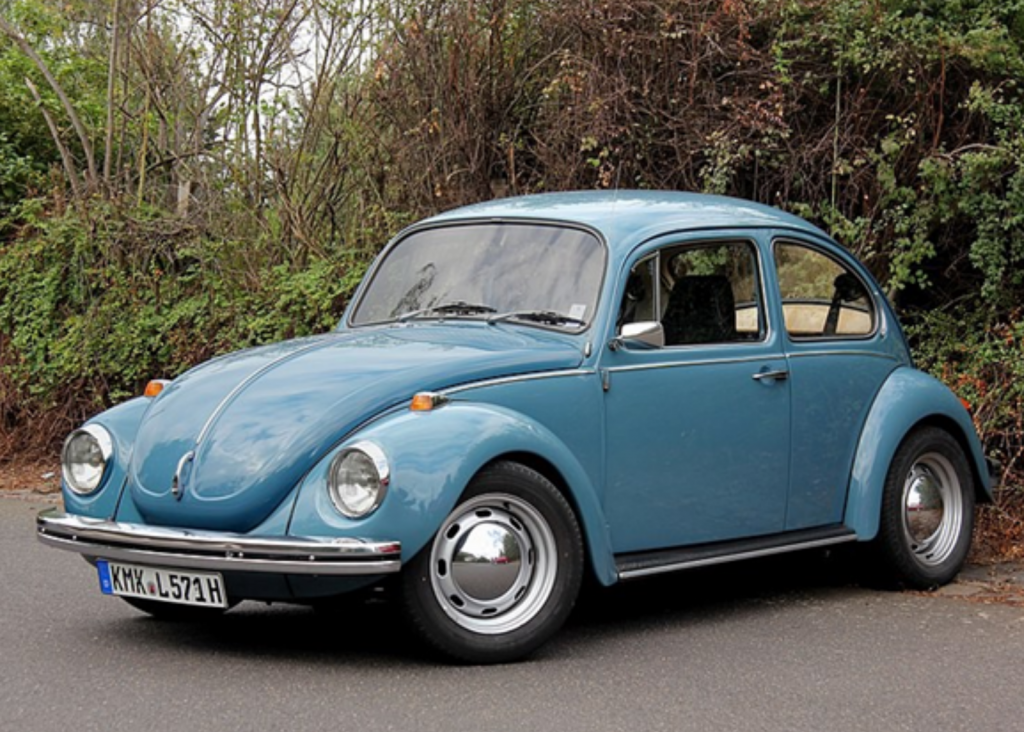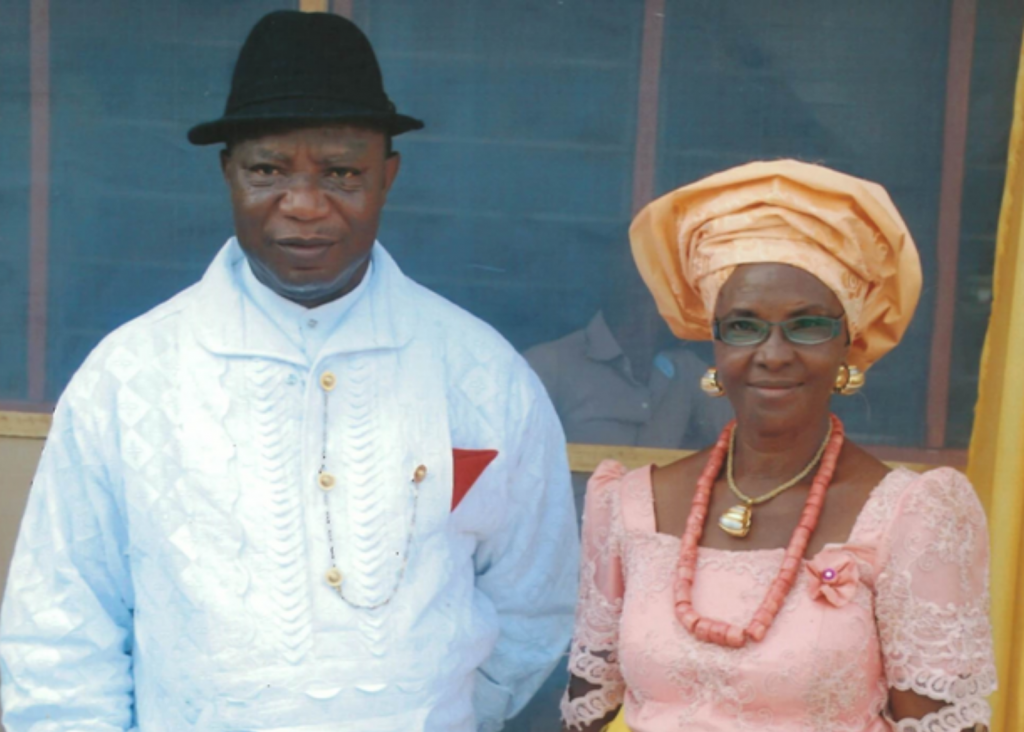Village memories of a grieving daughter
Every school resumption week the shopping goes full swing for my children in boarding school. My twelve-year-old daughter accompanied me to Yaba, a bustling open market in Lagos, Nigeria. This shopping experience was part of her induction to the pre-African woman life.
After most of the shopping had been done we made our way to the car park, meandering through roadside hawkers and wares laid out on sidewalk. It was a somewhat snaky movement. With two big shopping bags in each hand, I managed to get past pedestrians in both directions. When the market people begin to bump against your shoulder to get past, you know it’s time to walk faster.
Instinctively, I was going to hold my daughter’s hand as she floundered to find space to walk beside me, but both my hands were occupied with bags. I tried to decide. To slow down for her to catch up or to keep walking? Then a flood of memory came to mind and I kept walking. Briskly.
Walkathons of my Childhood
As a child I encountered brisk walking not as a form of exercise or leisure, it was a social and economic way of life. We sort of lived a brisk-walkathon. Whenever my sisters and I accompanied Mummy to any place, we had to brisk walk. Thinking about it now I don’t think we ever really took a stroll. We followed her to the bushes to fetch firewood. We also went to different farms for the planting or to harvest cassava.
Mummy brisk-walked us to the stream to fetch water. She brisk-walked us to the garri grinding machine place behind the juju shrine close to the village square. Occasionally, when we visited a family member or friend and ofcourse we brisk-walked there. Whether or not we were in hurry, brisk-walking was the only way my mother knew to walk.
Mind you, we were city children. As children of a university lecturer, we attended the staff school on campus along with other middle-class families in the academic community. Most of our early school days were spent in town with Daddy.
Mummy was a school teacher. During those days when the government made efforts to take basic education to rural areas, teachers were randomly posted to primary schools in the hinterland. My father lobbied for the siting of a school in his village and when they did, my mother was posted there as a teacher.
Mummy soon became the Headmistress of the village school. Although she was revered for her status, she maintained a regular residents outlook which made her even more endearing to the village women.
Mummy was multi-talented. She was artistic and athletic. In addition to teaching, she kept the family’s farm and sewed school uniforms on her butterfly sewing machine. She knew the names of every single child that came to the school and all their family members. It’s likely that my mother formed the habit of brisk-walking over years of multi-tasking to maximise time.
City Life, Village Life
Daddy on the other hand was a disciplinarian. He insisted that we spent most of our holidays in the village. Leaving town for the village was one of the most dreadful things about school breaks in my childhood.
I couldn’t understand why my father would take us away from power supply, running water, just to deprive us of comfort. My village can be described as a hamlet. You could tour the village in roughly thirty minutes.
One boring day I counted the concrete block houses in the village and there were seven, including ours. All other families lived in mud houses roofed with either bamboo sticks and thatch roofs or zinc. Some mud house graduated to semi-block houses when their owners could afford to plaster the exterior of the mud with cement, making it look like a block house on the outside.
The more my sisters and I followed Mummy to the farms, the more we became familiar with her brisk walk sound. There were days when the walk would be very long and she told us stories about the forest, the land disputes and some history of our Ekpeye culture. After the stories, we would intermittently hear sounds like a hoot, birds chirping, a timbre cutting machine or someone digging.
A notable sound that followed right from the start to the end of our sojourn was the swish swoop swish of my mother’s wrapper as she took one swipe of a step after another. A wrapper is a loose fabric worn by African women like a long skirt. It is about one metre long, wrapped around the waist and is worn with a matching blouse.
With the speed at which Mummy walked I feared that if her legs didn’t get caught in the twigs of the tropical forest, they would be tangled in the flapping wrapper someday. But that day never came. The woman could walk for Africa! Occasionally, when one of us linger behind the trail, that person would take a few hops or even run to catch up with the rest.

I recall that every time my father dropped us off in the village and drove back to the city in his 1968 Volkswagen beetle, I would think how unfair it was for him to leave his wife while he lived happily in the city. He must be a mean man, I thought. My siblings and I cried a whole lot, but daddy remained adamant about our spending vacations with Mummy.
We finally learned that it was his way of teaching us about life. Our economic status had not forced him to leave his wife in the village, rather, he adopted this strategy to remain in touch with his roots. This was his way of bringing development to his community.
I came to know there was another reason for letting my mother live and work in the village. When we returned to town after the holidays, we resumed our daily morning devotions with Daddy. It was a time when he told us stories about his humble upbringing and how he struggled to get an education before finally making grade one which earned him a scholarship for studies abroad. These stories were a part of the values training we received. But they were deficient of first-hand knowledge if we never actually experienced the life. This inspired the plan to have my Mother teach in the village.
The Fixer
Deprivation of comfort, choosing less when there is more, and hard work became the morals of every morning devotion topic. The lessons were not just ours for us the children, but for Mummy as well.
Recently, I asked her how she got so unlucky to be posted to the village when her counterparts worked in bigger government schools in town. She narrated to me how her posting was often influenced by someone. In her words it was one man engineering the whole thing. Then she laughed. He was just fixing my posting wherever he liked.
Mummy admitted that even though she resented village life at first, she came to embrace it as a sacrifice she could make for her children and the community. This Fixer whom arranged my mother’s posting was none other than Daddy.
Certainly, the personal sacrifice of my brisk walking mother and her fixer was worth every single memory I recount today. Those values have become one of my most prized possessions.
As I raise children of my own in the Generation Z era, passing on these values has not been easy. The day I shopped with my daughter at the market, I noticed her frustration as she scoffed at a motor mechanic in a dirty coverall that walked next to her. She almost elbowed a street hawker blocking her view with his tray laden with plantain chips. The hawker was a boy, smaller than her in size. At a point I heard her say Mum, wait up. I ignored her and kept going as I remembered my own upbringing with a brisk walker of a Mum.
Yesterday I read in the New York post about how brisk walkers are likely to live longer. I thought about my brisk-walking mother whom at seventy years old I struggle to out-pace. This NY post research about brisk walkers should have delighted me, but it didn’t. I was not impressed because something was out of place.

The Fixer fixed not only the Brisk walker, but also a traditional gender stereotype that stood against her. He stood for his five female children and their mother in a time when family pressure mounted against him to marry a second wife to bear him male children. The Fixer was the first feminist I ever knew. He was the force behind every achievement of my own life. And it’s just so weird to speak about him in past tense.
There is so much more I want to tell you about the Fixer, but I must save myself the risk of another nervous breakdown. From the moment my husband broke the news that made me crash to the floor, I’m yet to pick up all the pieces of a life crafted and inspired by an irreplaceable fixer.
My father, Dr Ndubuisi Adikema passed away last week, leaving the Brisk walker and I, without a Fixer.

